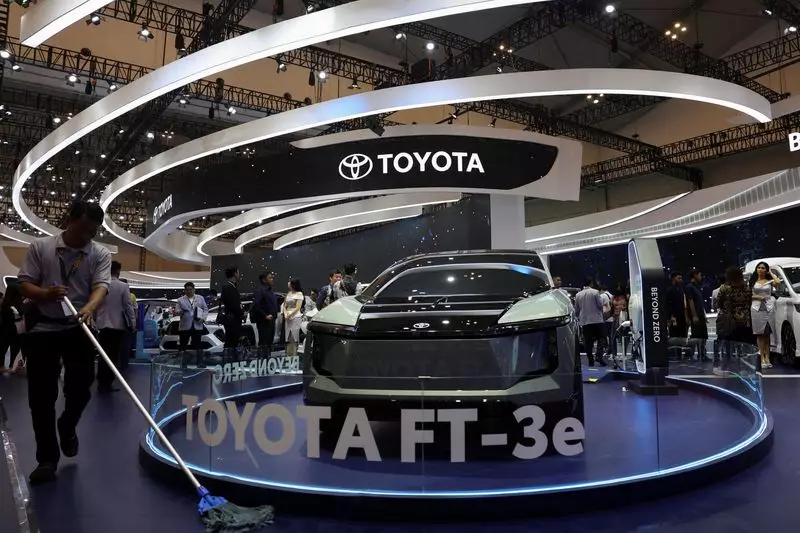One of Japan’s leading automakers, Toyota Motor, is making significant strides in the electric vehicle (EV) market with its plans to build a battery plant in Fukuoka. This new plant will supply batteries to a factory that produces the luxury Lexus brand cars, marking a strategic move for Toyota.
The decision to build the battery plant in Fukuoka, located in the island of Kyushu, is aimed at establishing a central supply chain for battery-powered vehicles. Additionally, Kyushu will serve as an export base for Asia, further solidifying Toyota’s presence in the EV market.
Toyota’s ambition is clear as it aims to introduce EVs with next-generation batteries on a global scale from 2026. This initiative will be led by the company’s EV-focused unit, BEV Factory, with a target of selling 3.5 million EVs annually by 2030. Toyota sold 104,000 EVs in 2023, indicating a significant growth trajectory in the coming years.
While the exact details of the investment and construction timeline for the battery plant are yet to be finalized, Toyota’s dedication to expanding its EV battery production capacity is evident. The plant will be operated by Primearth EV Energy, a Toyota subsidiary that specializes in producing batteries for various types of vehicles, including hybrids and plug-in hybrids.
Overall, Toyota’s decision to invest in a battery plant in Fukuoka showcases its commitment to the future of electric vehicles. By focusing on cutting-edge technologies and strategic partnerships, Toyota is positioning itself as a key player in the rapidly evolving EV market. The success of this venture will not only benefit Toyota but also contribute to the larger goal of sustainable transportation worldwide.

